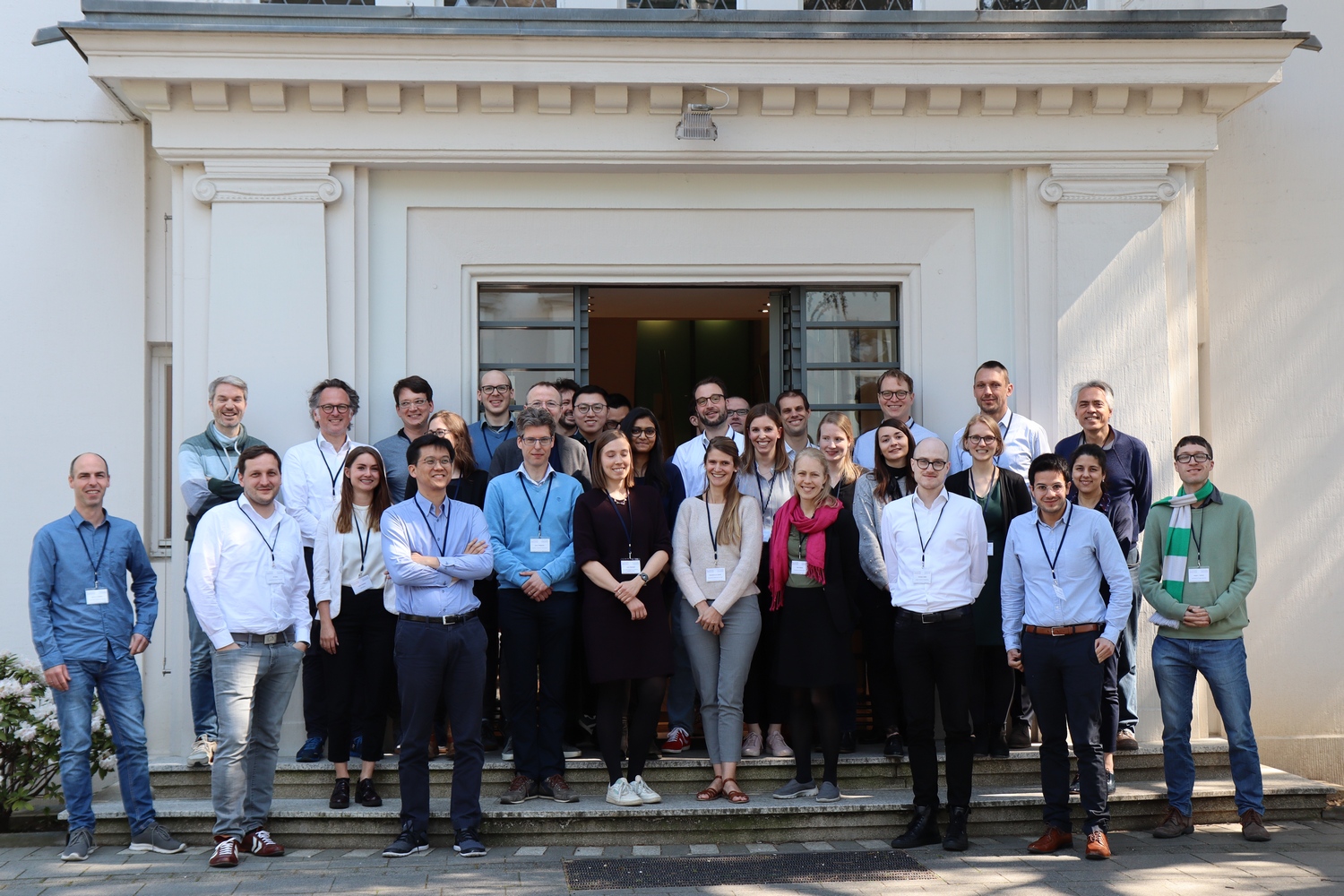Can behavioral insights be used to shape educational decision-making and student achievement? How should we design education policy, teacher incentives or interventions to address the shortcomings in decision-making by parents, students and teachers? To answer these questions, the briq/IZA Workshop on Behavioral Economics of Education brought together 26 researchers in Bonn to present their work.
Feedback on teacher performance
The first presentation of the workshop ,“Repeated Praise – Evidence from a Field Experiment”, studies how providing teachers with relative performance feedback affects changes in teaching effectiveness. Maria Cotofan shows that teachers who receive repeated recognition of their work become better at preparing students for centralized exams. The study suggests that such feedback could be an effective policy tool to raise student performance.
Mentoring programs for children
The paper “(In)Equality of Opportunity, Mentoring, and Critical Educational Decisions”, presented by Armin Falk, shows that parental education is a key determinant of educational success and that intergenerational educational mobility is particularly low in Germany. According to the study, a one-year child mentoring intervention effectively increases equality of opportunity. Children from disadvantaged family backgrounds especially benefit from the mentoring intervention and become more likely to attend the academic high school track (Gymnasium) in Germany. The paper highlights that educational careers are malleable and that the social environment can have lasting effects on student lives.
Female math teachers as role models
Alex Eble presented his paper “Stereotypes, role models, and the formation of beliefs”, which establishes that girls in Chinese middle schools perform better when having a female math teacher. He shows that this effect can be explained by changes in beliefs and aspirations as well as parental investments. Given that women remain underrepresented in math-intensive subjects, this research suggests that gender equality could be increased by providing girls with same-gender role models.
